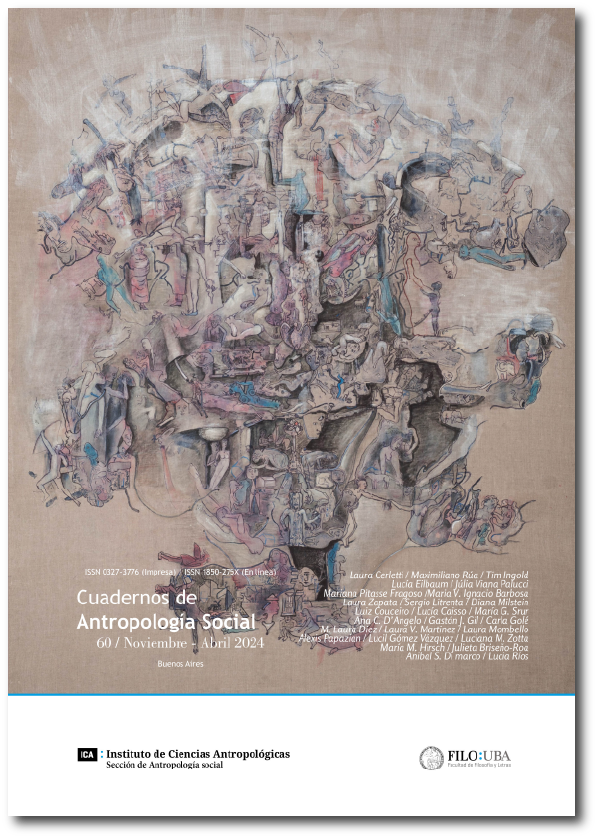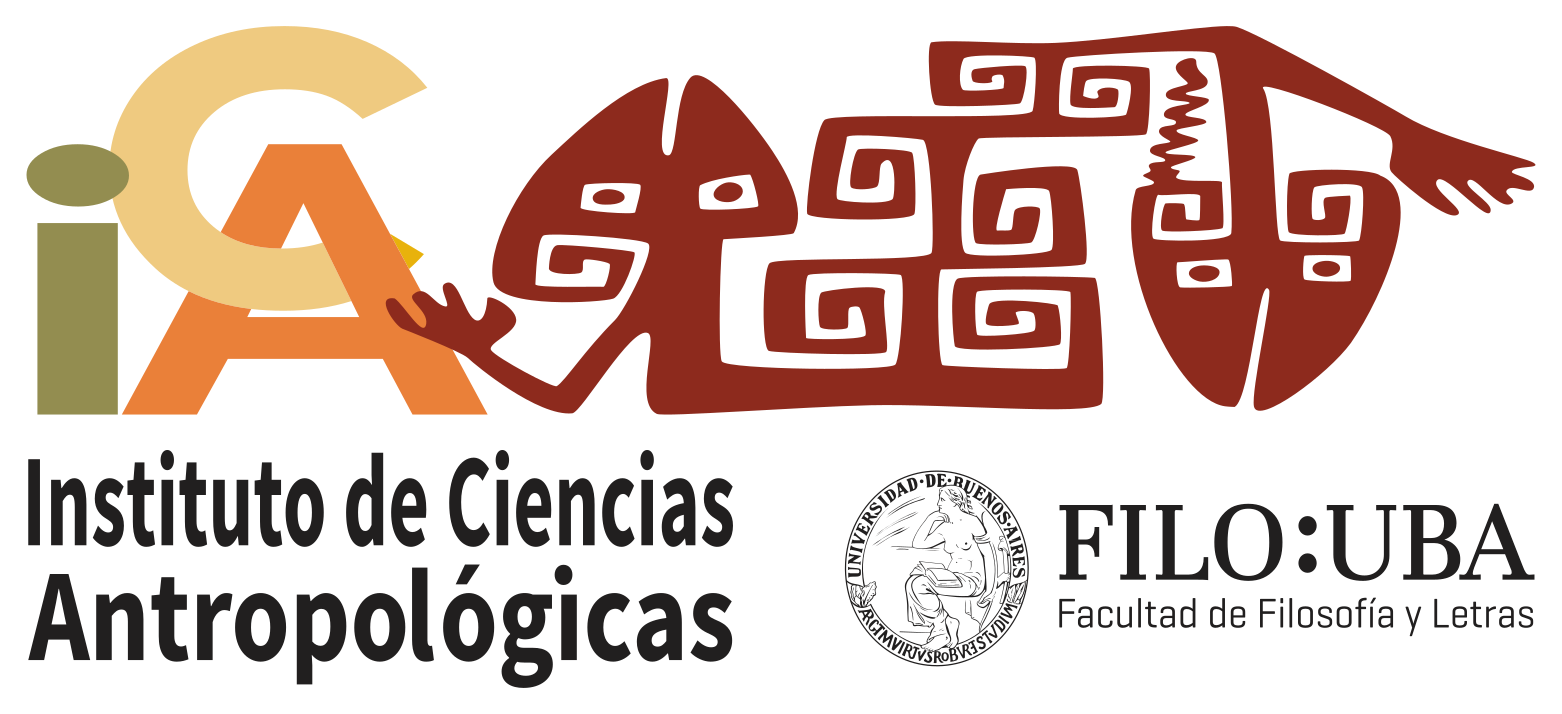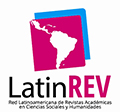Work, socio-territorial organization, popular economy and identity processes: The case of the Pancho Soares and Zomo Newen pro¬ductive units in the district of Tigre
Abstract
This article examines how social actors in the popular economy, specifically those engaged in family agriculture within the district of Tigre, organize their work, commercialization, and political participation around a shared collective identity. We argue that socio-productive organization is crucial to defining each productive unit, which are characterized by a strong orientation toward political demands. In Tigre, two family agriculture productive units are analyzed in two different locations: the “Zomo Newen” (meaning women’s force in the Mapuche language) productive unit in General Pacheco, and the “Pancho Soares” orchard center in Tigre, named in tribute to a priest killed during the civil-military dictatorship of 1976–1983. Within the district of Tigre, we will take as the object of analysis two productive units of family farming in two different locations: the town of General Pacheco where the productive unit “Zomo Newen” (women's force in the Mapuche language) is located and in Tigre, the orchard center. “Pancho Soares” (name that refers to the priest murdered during the last civil-military dictatorship between 1976 and 1983).Downloads
Copyright (c) 2024 Anibal Sebastián Di marco

This work is licensed under a Creative Commons Attribution 4.0 International License.

Esta obra está bajo una Licencia Creative Commons Atribución 4.0 Internacional
Cuadernos de Antropología Social sostiene su compromiso con las políticas de Acceso Abierto a la información científica, al considerar que tanto las publicaciones científicas como las investigaciones financiadas con fondos públicos deben circular en Internet en forma libre, gratuita y sin restricciones.
Los contenidos y opiniones expresadas en los artículos publicados son de entera responsabilidad de sus autores.
Los autores/as que publiquen en esta revista aceptan las siguientes condiciones:
- Los autores/as conservan los derechos de autor y ceden a la revista el derecho de la primera publicación, bajo la licencia de atribución de Creative Commons, que permite a terceros utilizar lo publicado siempre que mencionen la autoría del trabajo y a la primera publicación en esta revista.
- Los autores/as pueden realizar otros acuerdos contractuales independientes y adicionales para la distribución no exclusiva de la versión del artículo publicado en esta revista (p. ej., incluirlo en un repositorio institucional o publicarlo en un libro) siempre que indiquen claramente que el trabajo se publicó por primera vez en esta revista.















